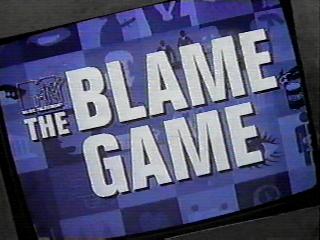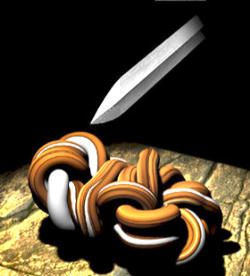
Crates, ut aiunt, huius ipsius Stilbonis auditor, cuius mentionem priore epistula feci, cum vidisset adulescentulum secreto ambulantem, inerrogavit, quid illic solus faceret? "Mecum," inquit, "loquor." Cui Crates "Cave," inquit, "rogo, et diligenter adtende; cum homine malo loqueris."
"Crates, a student of the same Stilbonis I have made mention of in a prior epistle, once beheld a young man walking alone. He asked the young man, 'What are you doing all alone?' The young man replied, 'I am keeping counsel with myself.' Crates then answered him, 'Be careful, I pray, and take heed; you are keeping counsel with an evil man!"
- Seneca's Moral Epistle X
A comment I received on the last post brought to mind the passage above, and so I decided to simply publish a new post altogether. Last time I pointed out that the discipline of tracing every evil to its root deep within our own nature drives one to "hatred of self," odium se. This hatred of self in turn causes one to despair of oneself and to cast oneself on another.
For Christians, the proper response to hatred of self is contrition and repentance. In the story cited in his tenth epistle, Seneca indirectly points out the danger in keeping counsel with oneself: when we do so we must remember that our company is not to be trusted. Why is contrition and repentance best expressed in community (in my own tradition in the Rite of Private Confession and Absolution)? Well, as hatred of self grows and suspicion of one's own inner nature grows with it, even the Word of God promising forgiveness can be swallowed up within us.
Perhaps individuals who feel no need for contrition and repentance in community (in whatever form their respective tradition practices it) have not yet learned to despair of themselves thoroughly. Instead, they take God's forgiveness as their own possession and prefer to "keep counsel with themselves." Crates warns: "You are keeping counsel with an evil man!"
On a related note, this is a very rational reason that "me and my Bible" is a dangerous tendency in Christianity. While the Bible is to be trusted, I absolutely must warn you against this "me" fellow you keep counsel with! When any aspect of the Christian life is taken out of the context of the community of faith, a warning is in order. St. Augustine referred to sinful men as curvatus in se, "curved inward on themselves." Is such an evil, selfish nature to be trusted to correct itself, counsel itself, and interpret God's Word for itself? Of course not!
Even the Word of Gospel can be lost in the depths of such an endless yawning black hole of self-centredness, and here is where community is most helpful. Turned in on myself as I am, I can very quickly believe that God's forgiveness does not apply to me - I'm special: I can despair of myself in the depths of an otherwise useful odium se to such a degree that I become sure that if God sees me as I see myself, there can be no hope for such as I.
Community keeps us from falling off one side or the other - esteeming ourselves too highly on the one hand and allowing our self-despair to trump our God-trust on the other.
In a society that glorifies the sovereignty of the individual, a warning is in order: Beware of yourself! You can't trust that person with whom you are taking counsel.
-Lucilius
"If one falls down, his friend can help him up. But pity the man who falls and has no one to help him up!" - Ecclesiastes 4:10, ESV
Seneca's writings are available from Harvard University Press' Loeb Classical Library: http://www.hup.harvard.edu/loeb/




